Black Friday
Deal 2025


We’re live! Save up to 79% on your next press release — and build lasting authority across 570+ trusted news platforms.
Table of Content
Did you know that 59% of consumers prefer to buy products from brands they recognize? In today's fast-paced digital landscape, social media monitoring and staying in tune with how your brand is perceived on social media channels are crucial.
Brand monitoring allows you to track conversations, mentions, and sentiment about your brand across various platforms, including social media. By keeping a close eye on these insights, including social media monitoring and online mentions, you can proactively manage your brand's reputation, identify emerging trends, and engage with your audience effectively.

Brand monitoring plays a crucial role in maintaining a positive online reputation. It helps understand customer sentiment and feedback, enabling businesses to make informed decisions by monitoring social media and queries for information. By identifying potential PR crises early, brand monitoring prevents issues from escalating.
Brand monitoring apps come with essential features for tracking social media and website information. Setting up detailed queries is vital for accurate monitoring as it ensures relevant data collection. These tools provide metrics that help analyze media coverage and gauge the impact of marketing strategies.
Various channels, such as social media, news sites, and websites, allow tracking of brand mentions. Monitoring across different platforms such as social media and websites offers insights into brand perception, audience engagement, user sessions. Brand monitoring tools aggregate data from social media, website, cookies, and session, providing a comprehensive view for actionable insights.
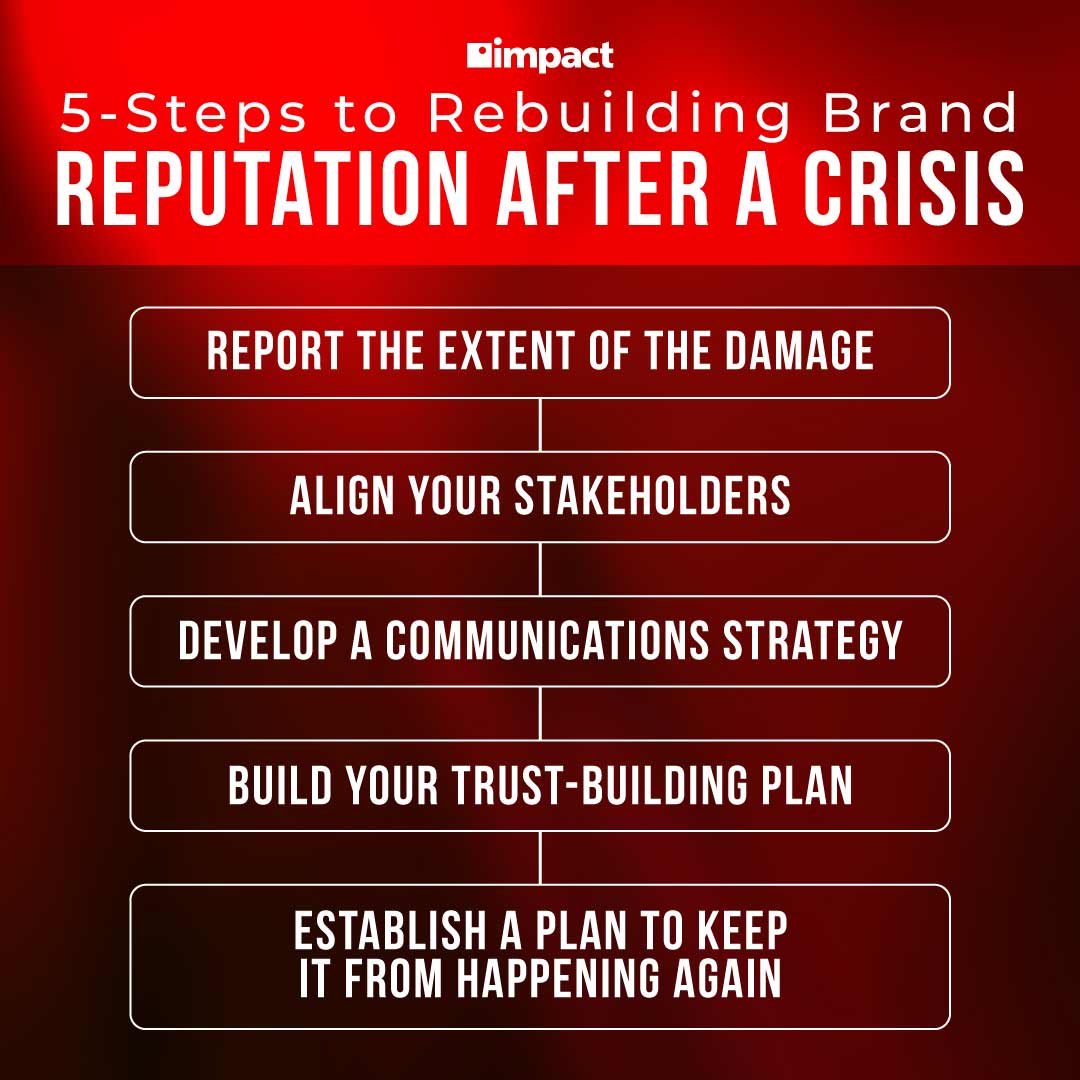
Brand monitoring plays a crucial role in addressing negative brand mentions and managing reputation damage effectively. By promptly responding to customer concerns identified through monitoring, companies can mitigate potential harm. Timely responses demonstrate care and commitment to customer satisfaction.
Proactively resolving issues before they escalate is vital. Brand monitoring enables businesses to detect emerging problems early on, preventing them from turning into major crises. Regular monitoring helps in spotting trends and patterns, allowing for swift interventions.
Through brand monitoring, companies can identify areas for enhancing brand visibility. Monitoring feedback from brand mentions provides valuable insights into customer perceptions and preferences. Analyzing this feedback helps in making informed decisions to drive continuous improvements.
Analyzing the effectiveness of marketing campaigns is essential for businesses. Brand monitoring allows companies to track the performance of their campaigns in real-time. This data-driven approach enables marketers to make adjustments to optimize campaign results and maximize ROI.
Insights from brand monitoring are invaluable for implementing crisis management strategies effectively. By closely monitoring brand mentions, companies can identify potential crises early on and take proactive measures to address them swiftly. Having predefined crisis communication plans ensures a structured response during emergencies.
Having early warning systems in place is critical for crisis prevention. Brand monitoring serves as an effective tool for detecting early signs of potential crises, enabling organizations to act promptly. By staying vigilant and responsive, companies can navigate challenging situations with agility.
Positive brand mentions play a crucial role in shaping brand reputation and credibility. When customers share positive experiences, it enhances trust and loyalty towards the brand.
Brand monitoring tools are essential for tracking these mentions on various platforms such as social media, review sites, and forums. By monitoring brand mentions, companies can promptly respond to customer feedback, resolve issues, and show appreciation for positive comments. Engaging with customers who mention the brand positively not only strengthens relationships but also demonstrates a commitment to customer satisfaction.
![The 10 HR Buzzwords that Might Hurt Your Job Ads [Canva] | Ongig Blog](https://blog.ongig.com/wp-content/uploads/2021/06/Most-used_HR_Buzzwords_in_Job_Ads.jpg)
Identifying key industry buzzwords is vital for effective brand monitoring. These buzzwords are relevant terms or phrases commonly used within a specific industry or niche. Monitoring industry buzzwords helps brands stay updated on current trends, emerging topics, and consumer preferences.
By tracking these buzzwords, businesses can adjust their marketing strategies, create relevant content, and engage with target audiences effectively. Incorporating industry buzzwords into brand monitoring strategies optimizes the process by ensuring that companies focus on the most relevant conversations and topics.
Conducting competitor analysis through brand monitoring offers valuable insights for businesses. Monitoring competitor mentions provides information about how competitors are perceived in the market, their strengths, weaknesses, and overall positioning. By analyzing competitor data, companies can identify opportunities for improvement, differentiate themselves from competitors, and refine their marketing strategies. Benchmarking against competitors allows businesses to set realistic goals, understand market dynamics better, and make informed decisions regarding product development and promotional activities.
Brand monitoring plays a crucial role in enhancing communication strategies with customers. By analyzing sentiment through brand monitoring tools, companies can gain valuable insights into how customers perceive their products and services. This information allows businesses to tailor their communication messages to better resonate with their target audience.
Monitoring customer feedback is essential for improving communication as it provides real-time insights into customer satisfaction levels, preferences, and pain points. Through sentiment analysis, companies can identify areas of improvement and address any issues promptly, leading to enhanced customer experiences. Utilizing these insights enables businesses to communicate more effectively with their customers and build stronger relationships.
Using brand monitoring insights to tailor communication approaches is key to creating personalized and relevant messaging for customers. By understanding the sentiment behind customer interactions, companies can craft responses that are empathetic, informative, and engaging. This personalized approach not only improves customer satisfaction but also fosters loyalty and advocacy among consumers.
Monitoring user-generated content is crucial for shaping brand perception in the eyes of consumers. User content, such as reviews, social media posts, and testimonials, directly impacts how a brand is perceived by the public. By closely monitoring user-generated content through sentiment analysis, companies can gauge public opinion and sentiment towards their brand accurately.
User-generated content also plays a significant role in driving brand reputation and fostering customer engagement. Positive user-generated content can boost brand credibility and trust among potential customers, while negative content can harm reputation if left unaddressed. Brand monitoring helps companies proactively manage user-generated content to maintain a positive brand image and encourage meaningful interactions with customers.
Brand monitoring tools are instrumental in identifying trends in user-generated content, allowing companies to stay ahead of the curve in understanding consumer preferences and behaviors. By tracking sentiments expressed in user-generated content, businesses can adapt their marketing strategies accordingly and capitalize on emerging trends to engage with their audience effectively.
Social media mentions play a crucial role in brand visibility and engagement. Tracking these mentions allows companies to understand customer perceptions and trends. By monitoring social media conversations, businesses can quickly address issues, capitalize on positive feedback, and engage with their audience effectively. Sentiment analysis tools help in gauging the overall tone of these mentions, providing valuable insights into customer sentiment.
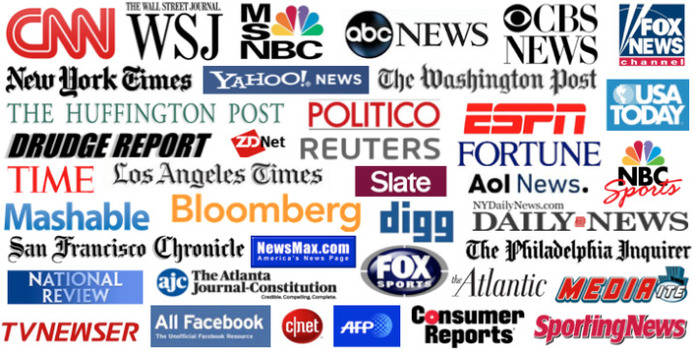
Monitoring brand mentions in news media is essential for effective reputation management. News articles can significantly impact how the public perceives a brand. Brand monitoring tools track news articles across various platforms, enabling companies to stay informed about their coverage and address any negative publicity promptly. Keeping an eye on news media also helps in identifying potential PR opportunities for brands to leverage positively.
Monitoring brand mentions on online forums is vital for gaining customer insights and understanding public opinions. Online forum discussions can influence brand reputation as they often reflect real-time consumer sentiments and experiences. Analyzing sentiment in these forums helps companies grasp how their brand is perceived by customers, identify areas for improvement, and engage with forum users to address concerns or feedback effectively.
Pros:
Cons:
Reviews on platforms like Yelp or TripAdvisor hold significant weight in shaping brand perception and influencing consumer decisions. Monitoring review sites allows businesses to track customer feedback, respond to reviews promptly, and manage their online reputation effectively. Brands that actively monitor review sites can address any issues raised by customers, showcase their commitment to quality service, and enhance customer satisfaction levels.
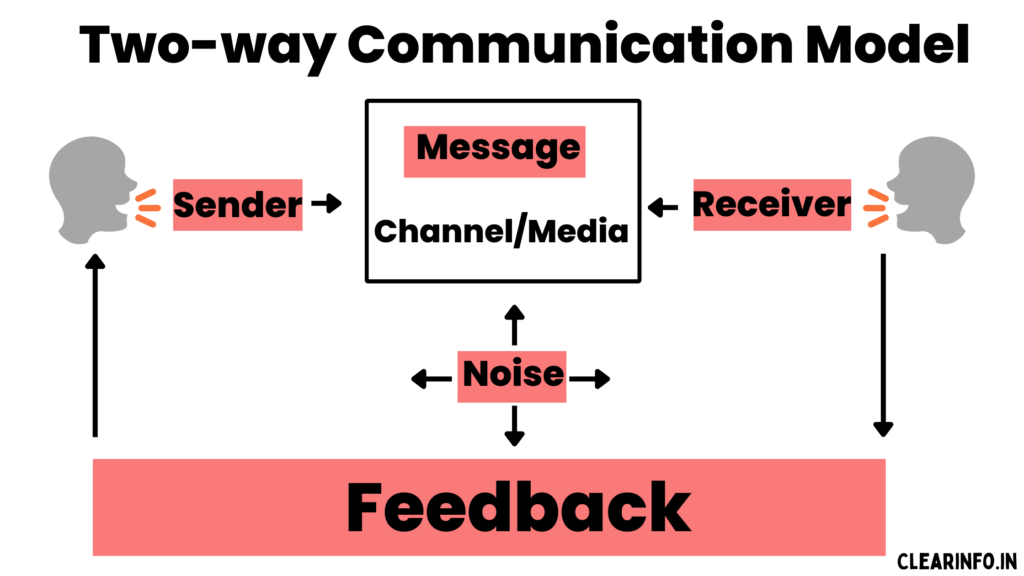
Brand monitoring is crucial for fostering two-way communication with customers. It enables direct interactions for valuable feedback. Through brand monitoring, companies can actively engage with customers, addressing concerns promptly and enhancing customer loyalty. This real-time engagement builds trust and strengthens the brand-consumer relationship.
Pros:
Cons:
Effective brand monitoring allows optimization of resources by identifying high-impact areas. By analyzing data from monitoring tools, companies can reallocate resources strategically to maximize results. This optimization ensures that efforts are focused on activities that yield the highest return on investment, leading to increased brand visibility and profitability.
Monitoring public figures' mentions is integral to understanding how they influence brand perception. By tracking endorsements and mentions from influencers, companies can gauge the impact on consumer behavior and brand reputation. Leveraging these insights helps in crafting targeted marketing strategies that resonate with the audience influenced by public figures.
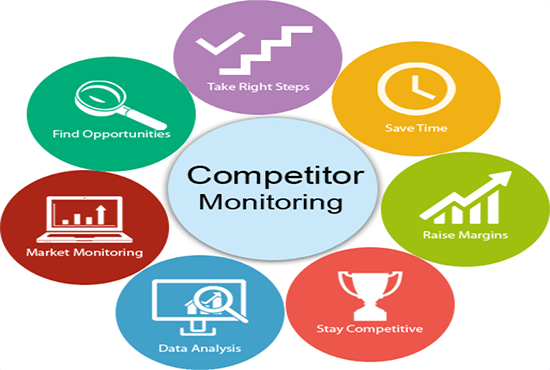
Brand monitoring plays a crucial role in strategic decision-making by providing valuable insights into competitors' activities. By tracking their moves, businesses can adapt and stay ahead in the market. Analyzing competitors through brand monitoring helps in uncovering market trends that may influence consumer behavior and preferences. This information is vital for adjusting strategies to meet evolving market demands.
Monitoring competitors also aids in identifying growth opportunities that might have been overlooked otherwise. By keeping a close eye on competitors, businesses can spot gaps in the market or areas where they can expand their offerings. This proactive approach based on competitor analysis through brand monitoring allows companies to capitalize on emerging trends and stay competitive.
One of the significant advantages of brand monitoring is its ability to help businesses identify and capitalize on market opportunities swiftly. By analyzing competitor data and market trends, organizations can pinpoint areas where they can innovate or introduce new products/services to meet consumer needs effectively. This proactive approach enables companies to stay agile and responsive to changing market dynamics.
Leveraging insights from brand monitoring for strategic growth is essential for long-term success. By utilizing the data gathered from monitoring competitors, businesses can make informed decisions about their product development, marketing strategies, and overall business direction. This data-driven approach ensures that companies are well-positioned to seize opportunities as they arise and stay ahead of the competition.

When it comes to brand monitoring, utilizing industry keywords like google alerts and search query is crucial. These specific terms help in tracking online conversations related to a brand. Incorporating distinct hits and relevant queries enhances visibility.
Using google alerts allows brands to receive notifications whenever specified keywords are mentioned online. This tool helps in staying updated on brand mentions across various platforms. Implementing industry-specific keywords is essential for effective brand monitoring strategies.
Industry keywords play a vital role in improving a brand's SEO performance. By incorporating these terms in monitoring efforts, brands can enhance their search engine rankings. Focusing on relevant keywords ensures that the brand appears in searches related to its products or services.
Monitoring industry trends is integral to successful brand monitoring strategies. Analyzing trends through tools like google alerts enables businesses to adapt their marketing approaches effectively. Trend analysis provides valuable insights into consumer preferences and behaviors.
By keeping track of emerging trends, brands can tailor their marketing campaigns to align with current consumer interests. Understanding market trends allows businesses to anticipate changes and adjust their strategies proactively. This proactive approach helps companies stay ahead of competitors.
Incorporating trend monitoring into brand monitoring practices offers a competitive advantage. Brands that stay abreast of industry trends can capitalize on new opportunities quickly. Monitoring trends not only aids in adapting marketing strategies but also fosters innovation within the organization.
Customer concerns identified through brand monitoring are crucial for maintaining brand reputation. By addressing these issues promptly, companies show care and commitment to customer satisfaction. Resolving complaints effectively can lead to improved customer loyalty and positive word-of-mouth.
To resolve customer issues, companies can implement strategies like active listening, providing timely responses, and offering satisfactory solutions. By acknowledging and addressing concerns promptly, businesses can turn negative experiences into positive ones. This proactive approach not only resolves immediate issues but also builds trust and loyalty over time.
Proactive management of customer concerns plays a vital role in enhancing brand loyalty. By demonstrating responsiveness and care towards customers' feedback, companies can establish strong relationships. Engaging with customers through brand monitoring helps in identifying pain points early on, enabling businesses to address them before they escalate.
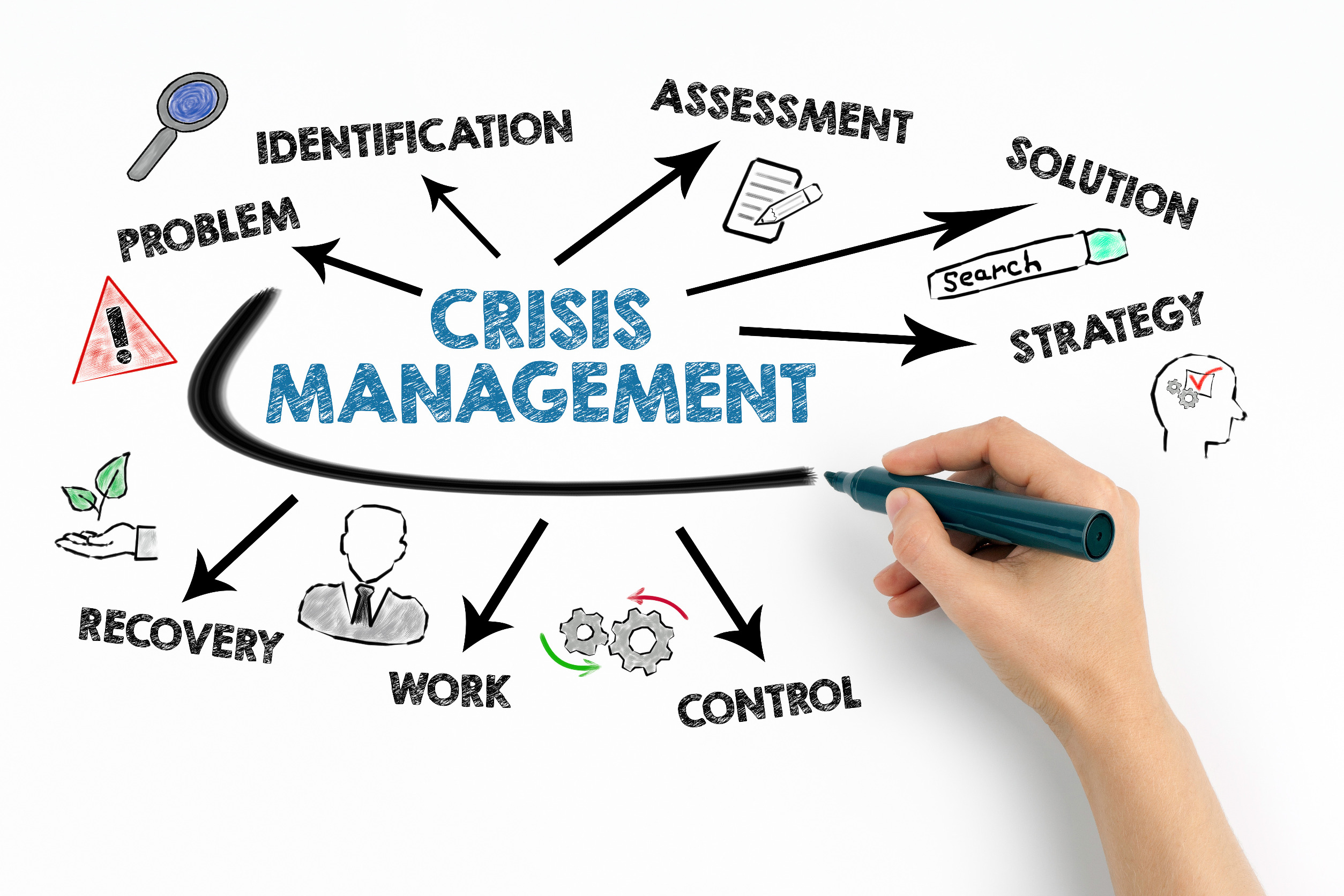
Insights from brand monitoring are instrumental in developing effective crisis management strategies. By analyzing trends and sentiments, companies can anticipate potential crises and prepare accordingly. Quick responses during crises are essential to minimize damage to the brand's reputation and regain trust from stakeholders.
Preparedness is key in crisis management, and brand monitoring provides real-time data that aids in swift decision-making. Monitoring online conversations allows businesses to detect issues early and respond proactively. This proactive approach not only mitigates risks but also showcases the company's commitment to transparency and accountability.
Brand monitoring serves as a valuable tool in crisis situations by providing real-time updates on public sentiment. By tracking mentions and reactions, companies can gauge the impact of the crisis on their brand image and take appropriate actions. Proactively addressing negative perceptions can help in restoring trust and credibility among consumers.
You now grasp the essence of brand monitoring, its pivotal role in managing your reputation, and the tools at your disposal for effective analysis. Understanding sentiment, tracking mentions across various platforms, and analyzing competitors are essential steps towards safeguarding and enhancing your brand. By utilizing keywords, trends, and strategic approaches, you can fortify your brand protection strategies. Remember, staying vigilant in monitoring is key to maintaining a positive brand image and addressing any potential issues promptly.
Take charge of your brand's narrative by implementing these monitoring techniques. Strengthening your online presence and reputation management practices will not only protect your brand but also foster trust with your audience. Start applying these strategies today to ensure that your brand remains resilient in the ever-evolving digital landscape.
Brand monitoring involves tracking and analyzing online mentions of a brand across various platforms. It helps businesses understand how they are perceived by their audience and allows them to manage their reputation effectively.
Brand monitoring is crucial in reputation management as it enables businesses to proactively address any negative feedback, monitor brand sentiment, and maintain a positive brand image online.
By identifying relevant keywords related to your brand and industry, you can track trends, monitor conversations, and stay updated on what people are saying about your brand, allowing you to tailor your strategies accordingly.
Monitoring brand mentions across social media platforms like Twitter, Facebook, Instagram, as well as review sites and forums can provide valuable insights into customer feedback, enabling you to respond promptly and engage with your audience effectively.
Implement strategies such as setting up Google Alerts, using social media monitoring tools, conducting sentiment analysis, engaging with customers directly, and regularly reviewing analytics to ensure comprehensive brand monitoring and management.
Free Press Release Template
Tell us where to send your PDF: